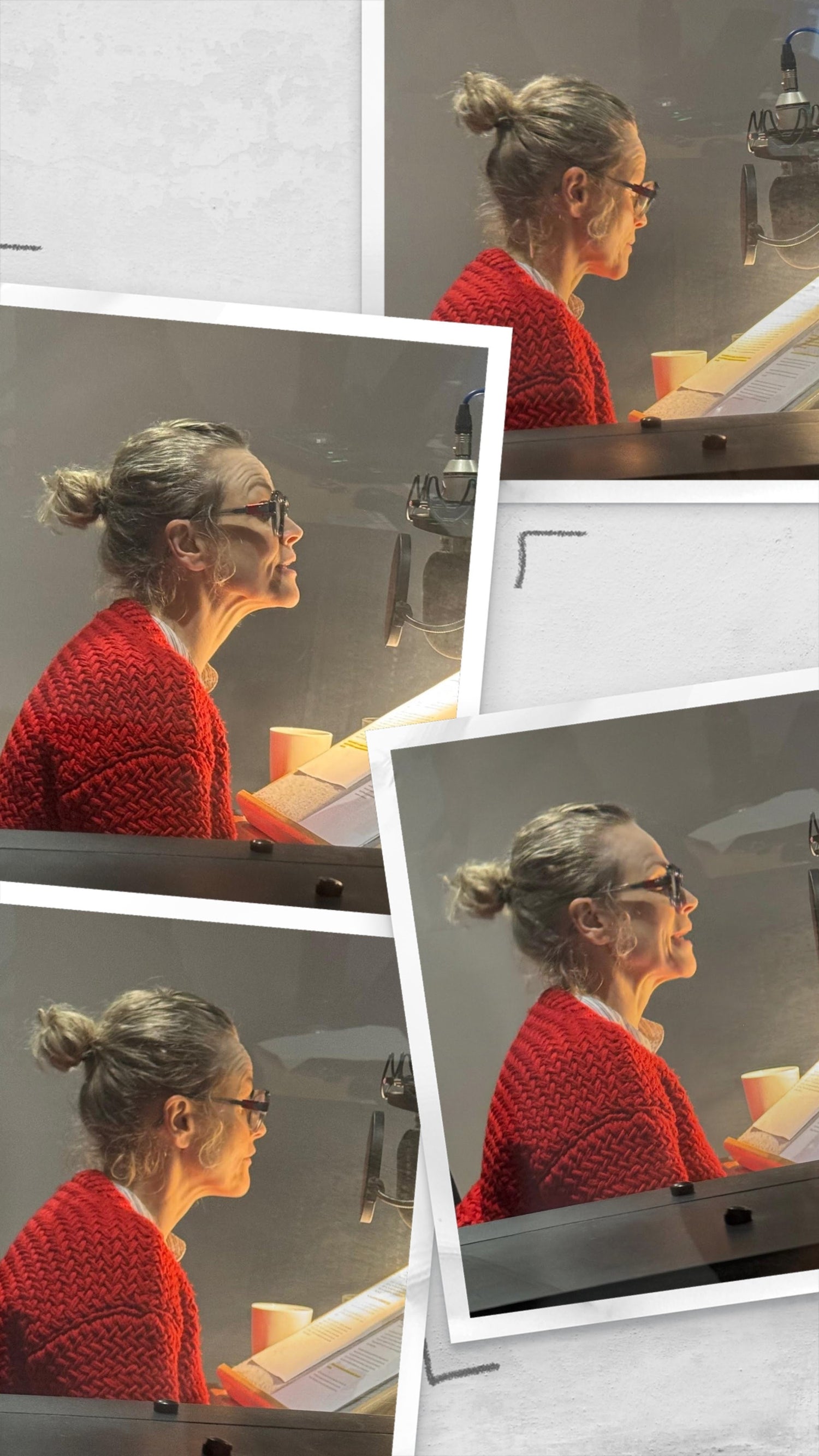According to the Crown Prosecution Service the Joint Enterprise doctrine is: “an aspect or form of secondary liability, and not an independent liability. Joint Enterprise can apply where two or more persons are involved in an offence or offences. A principal is one who carries out the substantive offence and performs the conduct element of the offence and the secondary party is one who assists or encourages the principal to commit the substantive offence. However a secondary party can be prosecuted and punished as if he were a principal offender. Secondary liability principles can be applied to most offences. A joint Enterprise may or may not be pre-planned”
What is wrong about this doctrine?
With help from the media, there is a shared incorrect narrative that the Joint Enterprise doctrine is about gangs, broken Britain and the ‘alleged’ feral youth that needs to be served justice. This doctrine is a tool used by the police and the Crown Prosecution Service to imprison people to mandatory life sentences for crimes committed by others. People can be wrongly charged and convicted when they have been within close proximity of a crime, have a random connection with the actual perpetrator or via text or mistaken phone call or they might not even have been at the scene of the crime.
What has happened so far?
On the 18th February 2017, the Supreme Court ruled that for last 30 years the criminal justice system were in fact wrong in giving out convictions under the Joint Enterprise doctrine. This led to R.v.Jogee. Within this trial, Ameen Jogee was convicted of murder despite the fact it was his friend who stabbed the victim. This led to a retrial. After the retrial and perseverance from his family, solicitor and support system, Ameen Jogee was found not guilty. It was concluded that in joint Enterprise cases when it comes to the reviewing of evidence the standard is low, which has resulted in many wrongful convictions of those were bystanders, knew the actual perpetrator of the crime or those who were not even involved in the incident based on the notion of “foresight” that the primary defendant might commit the act. It was believed by many that this case would be the catalyst to change and many convictions under this doctrine would change, but unfortunately this was not the case and many are still in prison under a wrongful conviction.
How we can help?
If you've been affected by this issue, please contact us with your loved ones prison address and number and we will send a support pack notifying them of the campaign. JENGbA is a not-for-profit campaign run by volunteers and supporters. We need funds to keep our campaign on track, especially for printing and sending regular newsletters to prisoners who have contacted us. Please organise a fundraising / awareness event in your area or simply give what you can afford ; - even postage stamps are a help! Please make Cheques or Postal Orders payable to JENGbA. Thank you.

